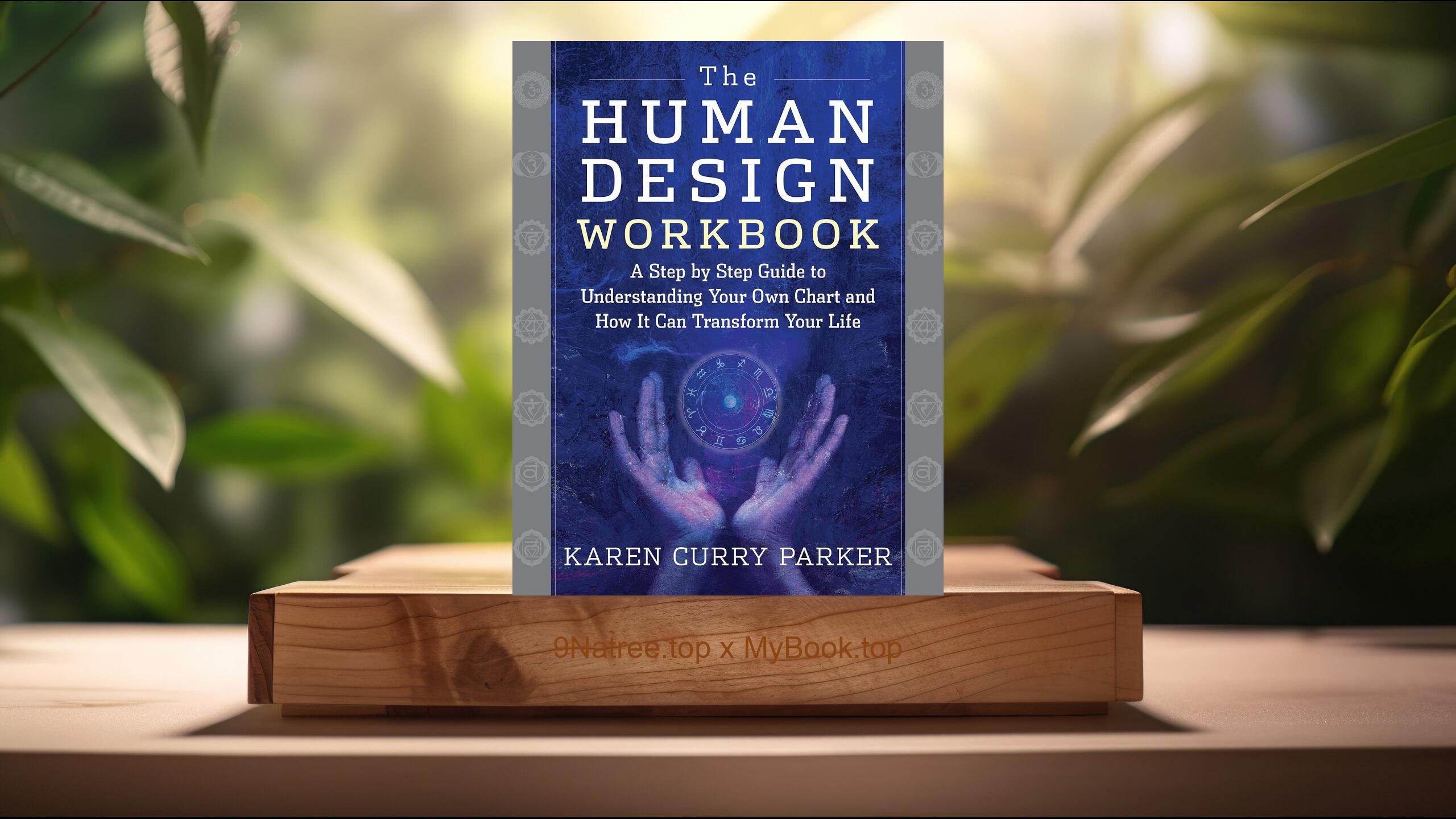Show Notes
- Amazon USA Store: https://www.amazon.com/dp/1915987067?tag=9natree-20
- Amazon Worldwide Store: https://global.buys.trade/Blackwood-Institute%3A-The-Complete-Trilogy-J-Rose.html
- eBay: https://www.ebay.com/sch/i.html?_nkw=Blackwood+Institute+The+Complete+Trilogy+J+Rose+&mkcid=1&mkrid=711-53200-19255-0&siteid=0&campid=5339060787&customid=9natree&toolid=10001&mkevt=1
- Read more: https://mybook.top/read/1915987067/
#darkfantasy #comingofage #supernaturalsuspense #characterdevelopment #mystery #magicacademy #psychologicaldrama #BlackwoodInstitute
These are takeaways from this book.
Firstly, The Secrets of Blackwood Institute, The trilogy’s foundation lies in the mysteries surrounding the Blackwood Institute itself. From the outset, readers are introduced to an institution that is much more than an ordinary school. The Institute’s origins are cloaked in secrecy, with its halls whispering of hidden agendas, forbidden corridors, and enigmatic staff members whose allegiances remain ambiguous. The students, each with their own troubled pasts, are handpicked for reasons initially unclear. Through gradually revealed clues, coded messages, and clandestine meetings, the trilogy unravels a deep web of intrigue. This focus on secrets not only drives the plot forward but also creates an atmosphere of suspicion and paranoia that keeps both characters and readers constantly guessing. The slow unveiling of the Institute’s true purpose and its role in the larger world highlights the dangers of unchecked power and the impact of secrets on personal identity and trust.
Secondly, Complex Character Arcs and Development, The heart of the trilogy is its richly drawn cast of characters, each grappling with their own inner demons and external obstacles. J Rose excels at providing nuanced backstories for protagonists and antagonists alike, making it easy for readers to empathize with their struggles and aspirations. Key characters evolve over the course of the trilogy as they confront fears, make difficult choices, and forge unexpected alliances. The interplay between personal growth and the broader magic-infused conflict elevates the narrative, allowing readers to witness how trauma, hope, loyalty, and betrayal shape emerging identities. From initial uncertainty and self-doubt to moments of empowerment and sacrifice, character development drives the emotional weight of the story, urging readers to reflect on their own journeys and choices.
Thirdly, The Role of Magic and the Supernatural, Magic in Blackwood Institute is neither wholly benevolent nor malevolent, acting instead as a neutral force that can corrupt or heal depending on its wielder’s intent. The trilogy delves deeply into magical systems—how they're taught, regulated, and sometimes abused within the Institute’s walls. The dangers of unchecked magical experimentation provide a backdrop for broader discussions on responsibility, the cost of ambition, and the ethical dilemmas that come with wielding power. Supernatural occurrences intensify the suspense, with dark creatures, powerful spells, and ancient artifacts presenting both threats and solutions. J Rose’s handling of supernatural elements is both thrilling and thought-provoking, forcing characters to balance their humanity against otherworldly temptations.
Fourthly, Themes of Belonging and Identity, A recurring motif throughout the trilogy is the quest for belonging and self-acceptance. Many of the students find themselves at Blackwood Institute because they do not fit into the outside world—whether due to societal rejection, family trauma, or the awakening of dangerous powers. The Institute, for all its perils, becomes a battleground where students grapple with who they are and who they wish to become. J Rose explores questions of chosen family, loyalty, and acceptance, forcing characters to redefine their notions of home and friendship. Whether confronting discrimination, internalized fears, or the scars of past betrayals, each arc reinforces the message that true belonging comes from embracing one’s complexities and forging bonds through shared trials.
Lastly, High-Stakes Conflict and Moral Dilemmas, The trilogy excels at balancing action-packed sequences with thoughtful moral quandaries. As the Institute’s secrets come to light and external threats encroach, characters are frequently faced with choices that test their values and loyalties. The moral landscape is rarely black-and-white; instead, J Rose layers conflicts with shades of gray, ensuring that victories often come at significant personal or collective cost. Characters must weigh the needs of the many against their desires, confront the implications of sacrifice, and determine whether ends truly justify means. These intense dilemmas not only heighten the narrative tension but also invite readers to consider what they would do in similar circumstances—making the story both immersive and deeply resonant.
![[Review] Blackwood Institute: The Complete Trilogy (J Rose) Summarized](https://episodes.castos.com/660078c6833215-59505987/images/2108322/c1a-085k3-rk3knj3ns2qr-ikbq0c.jpg)




